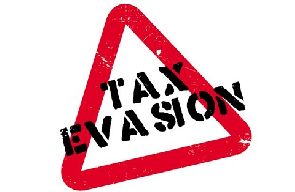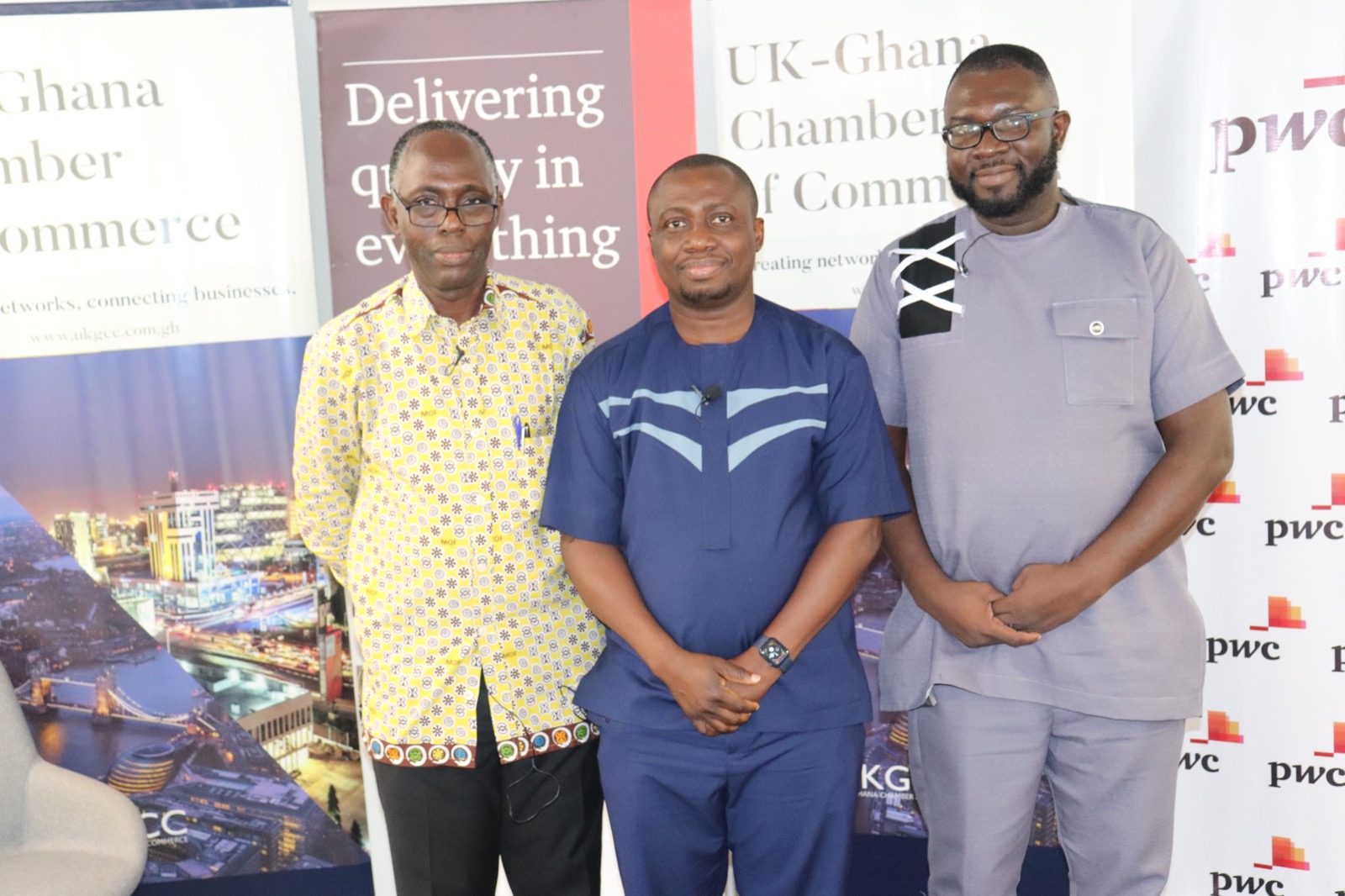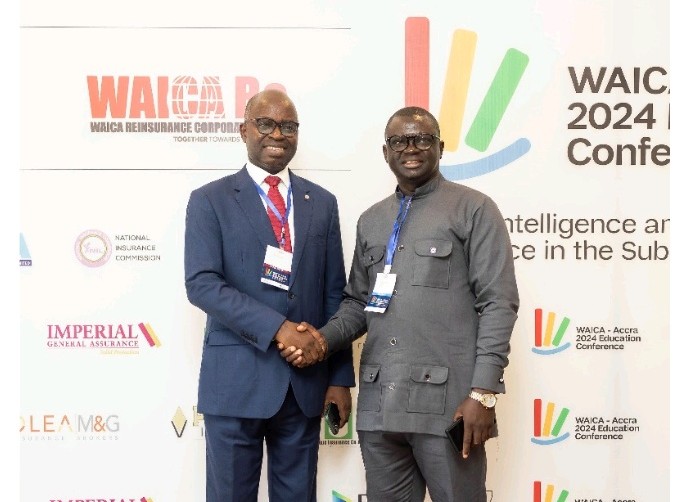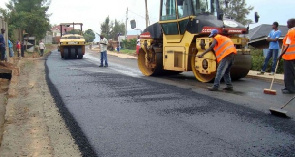Only 2% in informal sector pay taxes

The informal sector constitutes 70 percent of the business arena – but just two percent of them pay their taxes.
A Chief Revenue Officer of the Ghana Revenue Authority, Richard Hakeem Quainoo who announced this in Accra, also stated that only 1.5 million of the expected six million taxpayers honoured their responsibilities, with 200,000 being from the informal sector.
Mr. Quainoo was addressing a Sensitisation Programme for informal business groups on National Tax Policies and ways of Ensuring Compliance. SEND Ghana, a Non-Governmental Organisation organised the programme.
He, therefore, appealed for the cooperation of Ghanaians in getting tax defaulters to settle their outstanding liabilities, increasing voluntary compliance of payments, and in the filing of tax returns.
Those in the informal sector, he advised, should also register for their Tax Identification Number; because without that, they cannot transact business with the Registrar-General’s Department, Passport Office, the courts, among other institutions.
Mr. Quainoo, however, advised law-abiding citizens to take advantage of the tax incentives offered by government under the General Tax Relief Policy.
They include the Reliefs on Education, Marriage, Old Age and Age-Dependent Relatives.
The Disability Act, 2006 (ACT 715) also enjoins government to give annual tax rebates on the taxable incomes of Persons with disabilities, and exempt taxes on manufacturers of technical aids or appliances for them.
The Chief Revenue Officer said government has given temporary concessions to individuals who venture into agriculture in order to encourage the youth into it and provide job opportunities.
Individuals engaged in family tree-crops get a 10-year tax holiday – just like cattle-rearers, while those in cash-crops get five years.
Rachel Gyabaah, Programmes Officer of SEND Ghana, said the engagement was to increase awareness among Ghanaians on tax issues and enhance their appreciation of the importance of taxes to national development.
Some of the participants interviewed by the Ghana News Agency expressed willingness to pay their taxes but urged the authorities to use the monies for national development projects.
“We pay tax every day to the Accra Metropolitan Assembly, but we don’t see any development, and we are not sure if the money is channelled to the appropriate quarters or it goes into people’s pockets.”
Some of the participants suggested that government should focus more on indirect taxes, rather than the direct ones, to get more people into the tax net.
Source: Myjoyonline.com





